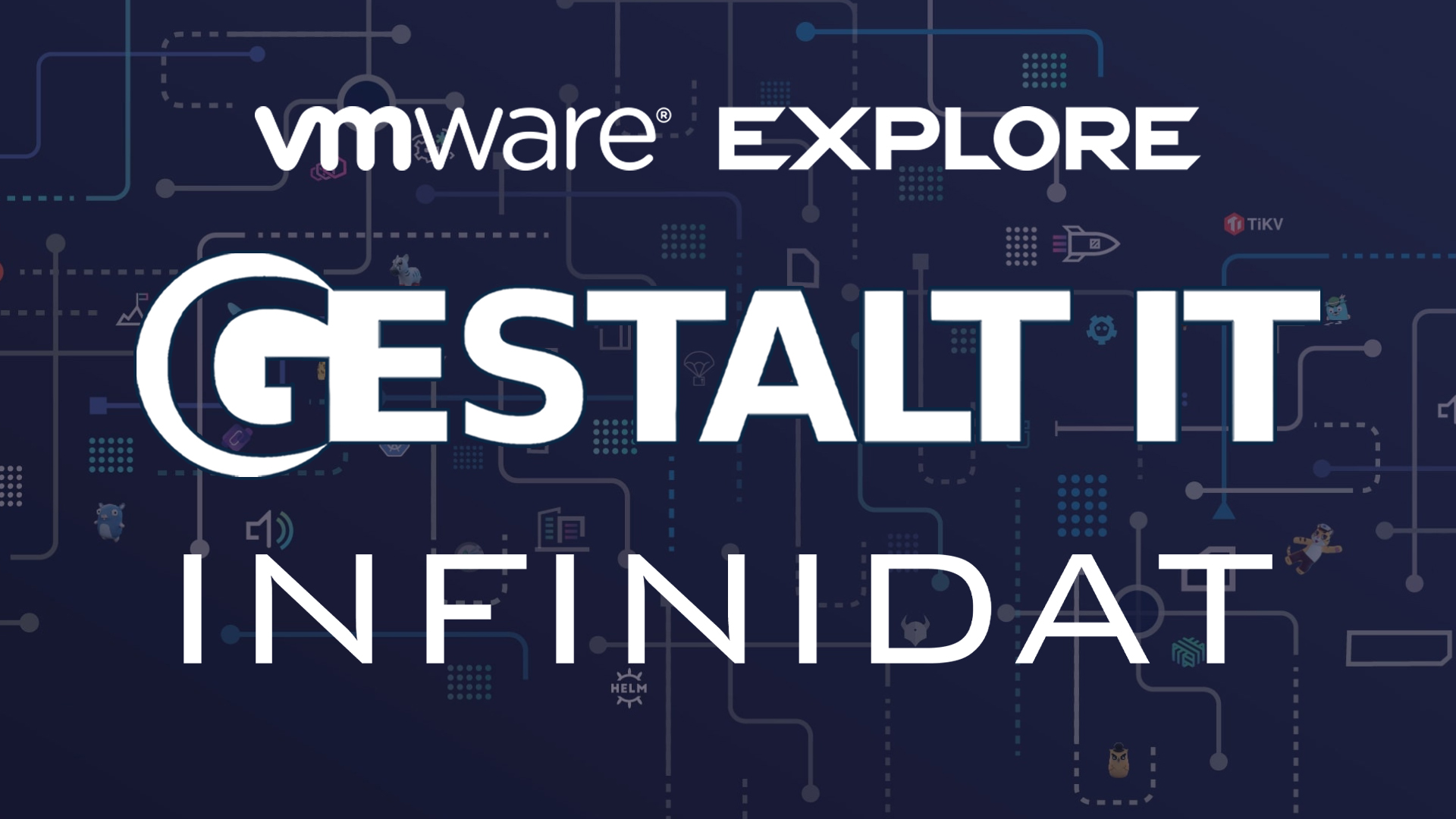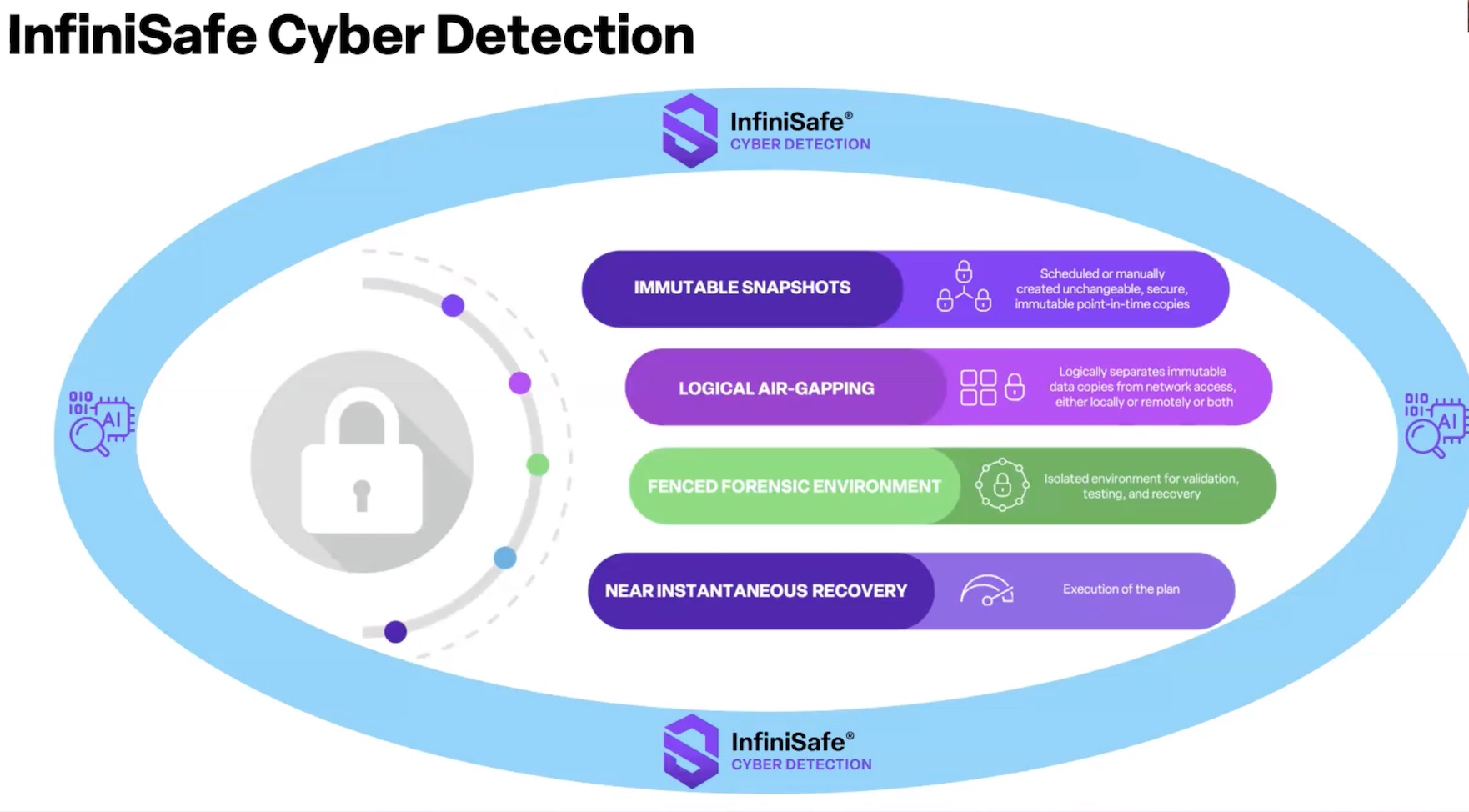Do we still need to write about the challenge of data growth in 2018? Not only are primary datasets growing (and will keep growing as more and more data is generated), but more importantly, secondary data is also on the rise. Backup sets and data archival are usually ten to a hundred times larger than the original data that was generated for productive use.
Knowing Your Data Protection Requirements
When operating at petabyte scale on the primary storage layer, there is a reasonable expectation (unless datasets are ephemeral) that our primary data will need to be backed up and held for a certain amount of time. If we enter the troubled waters of regulated industries, data storage requirements usually include long-term data storage (usually ranging from 5 to 10 years for the most sensitive data assets). Organizations who neglect these regulatory requirements have a Sword of Damocles hanging over them, whose blade can invoke hefty fines or even the loss of operating licenses in the most serious cases. Luckier organizations may not be regulated, but they nevertheless have a responsibility to protect their data – if not for the sake of regulations, at the very least to ensure the continuity of their business operations.
So here we are, with colossal data protection requirements. Regardless of the backup solution we use, custom backup targets built of off-the-shelf hardware have a serious scalability issue and will probably not fit the needs of the enterprise IT world. Looking at purpose-built backup appliances, the scalability problem tends to fade away, but customers are faced with the dilemma of replacing their current backup solution. Most solutions do not offer interoperability. When scalability and interoperability are not an issue, reliability and speed then become the problem.
There weren’t many choices until now in the enterprise market for an efficient and open secondary storage / backup platform. To address this challenge, INFINIDAT has recently introduced a new addition to their portfolio: InfiniGuard. InfiniGuard promises enterprise-class data protection at petabyte scale with lightning fast recovery. What does this entail for customers, and what is InfiniGuard?
InfiniGuard on Duty

Image Credit: Hernán Piñera (modified)
The InfiniGuard B4260 is a data protection solution packaged in a 42U rack offering 20 PB of effective capacity after deduplication and compression. From a purely technical perspective, the B4260 is delivered with 1 PB of usable capacity (pre-dedupe/compression), 1.6+GB of RAM and 24 TB of flash cache. What enables this high effective capacity ratio is INFINIDAT’s own global, inline, and variable-length deduplication as well as compression.
From a reliability perspective, the InfiniGuard solution benefits from the technological foundations found in the InfiniBox systems: fully redundant hardware, triple active storage node redundancy and InfiniRAID. With InfiniRAID, INFINIDAT has the fastest media rebuild speeds in the industry thanks to the way data is written and distributed on the storage backend (see the first post of these series, INFINIDAT: Technological Foundations for more information).
From a performance perspective, InfiniGuard can reach throughput of up to 48 TB/hour natively, which can be further increased to 74 TB/hour with server-side acceleration. Elevated throughput is absolutely essential to deliver lightning fast data recovery, allowing for much lower RTOs during data recovery activities. And most IT professionals know how recovery speed is critical for restoring business operations. Restore speeds can be the dividing line between a successful, transparent recovery following an outage and a prolonged state of chaos with repetitional, financial and regulatory impact.
Imagine you are responsible for the IT operations of a nationwide brick-and-mortar retailer with an online store whose main transaction system is down since 1AM. Stores open at 9AM. You have 8 hours to return operations to normal and need to restore data in the smallest possible window. InfiniGuard makes this part of the process possible, smooth, and fast, leaving you with what you need the most: enough time to perform application integrity checks and resume the service.
Returning to the technical aspects, the solution has been designed as an advanced enterprise-class universal backup target with unified protocol support (FC-based Virtual Tape Library, NFS, SMB, OST and Oracle RMAN) and integration with a broad ecosystem of backup, restore, and archive solutions from Veeam, Veritas, Commvault, Oracle and IBM. This was done clearly with the needs of enterprise IT in mind, allowing it to cover the many use cases present in data centers: databases, backup application integration, physical and virtual environments, etc.
It is worth mentioning that data stored on an InfiniGuard system can be replicated to other remote InfiniGuard targets, all while leveraging the InfiniSnap and deduplication/compression technologies developed by INFINIDAT.
In a nutshell, here are some items that should be considered when evaluating InfiniGuard:
- High density rack-scale multi-petabyte data protection solution, enhanced by variable length global inline deduplication and compression
- No rip & replace, no vendor lock-in thanks to openness to protocols & support from major backup solution vendors
- Tier-1 class high performance and high resiliency based on InfiniBox technological foundations
- Fast ingest speed and recovery speeds thanks to Neural Cache, flash memory, and DRAM usage
- Up to 50% lower TCO compared to other solutions thanks to INFINIDAT innovations and power-efficient architecture
Conclusion
It is essential in many situations to take a step back and look at the bigger picture. It is even more essential to do so when we operate IT infrastructure at a broader scale. Many “quick wins” (whether from a technological or cost perspective) turn out to become a burden in the long run, leading to more convoluted and complex solutions with the cost and technical debt that come with it.
In my opinion, INFINIDAT have done an awesome job with the InfiniGuard solution, for several reasons.
First, they seem to have spent considerable time looking at pain points organizations face in the backup & restore space and especially in the purpose-built backup appliance market. Scalability, vendor lock-in, sometimes even reliability, ingest, and recovery speeds are familiar problems. Last, but not least, some of the competing solutions require a “rip & replace” approach due to incompatibility with backup solutions already in place within the organizations.
Second, they have adopted a strategy for InfiniGuard to become an open data protection platform which embraces existing solutions, supports many different use cases and protocols (thus avoiding vendor lock-in), and has validated product integrations with major backup software solution suppliers.
Finally, they were able to leverage many of the technological innovations from the InfiniBox platform to achieve their performance and data integrity objectives. The presence of 24 TB flash cache on each InfiniGuard system, augmented by the use of INFINIDT’s Neural Cache (and its use of DRAM for caching operations) allows not only for extremely fast writes, but also for extremely fast reads. This allows for lightning fast recovery and greatly reduced RTO (Recovery Time Objective), helping to recover data in minutes instead of hours.
InfiniGuard constitutes another solid addition to INFINIDAT’s portfolio: it complements INFINIDAT’s core business platform (i.e. Tier1 primary storage at petabyte scale) with an equally dense data protection solution that is sustained by a strong technological foundation and a well-studied business rationale. This will undoubtedly prove instrumental in INFINIDAT’s continued business successes and growth.




